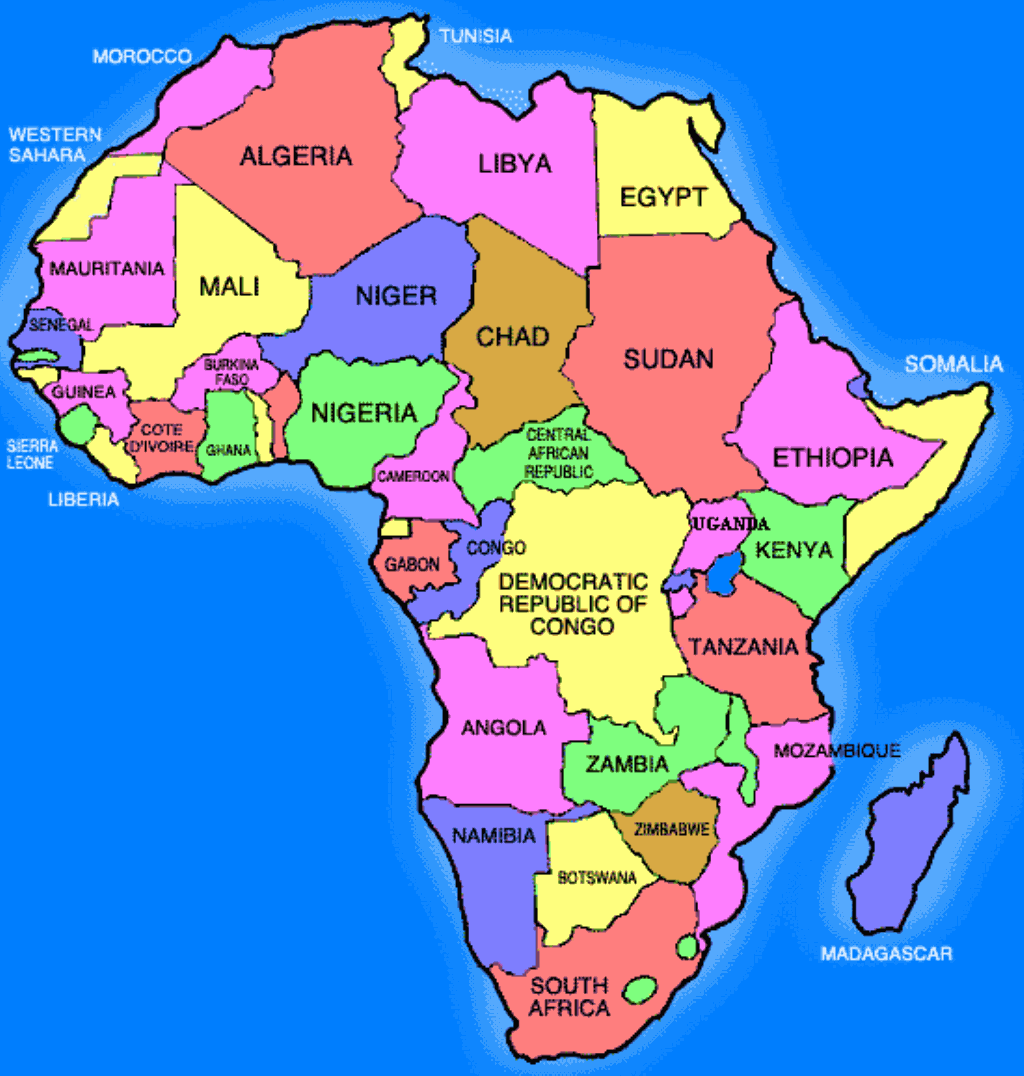
A significant move towards quicker and more region-specific outbreak management saw the Africa CDC bring together public health officials from ten African nations in Yaoundé to create a continental plan for distributing laboratory services. The four-day event, starting on 14 July, focused on ensuring fair access to diagnostic tools as a central element of Africa's approach to epidemic readiness and reaction.
Coordinated by the Africa Centres for Disease Control and Prevention (Africa CDC), in collaboration with the Cameroon Ministry of Health, the World Health Organization (WHO), and the European Union, the workshop gathered government representatives, national laboratory directors, and public health specialists from throughout the continent. Collectively, they developed the Continental Guidance for the Decentralization of Laboratory Services—a hands-on, results-focused resource to assist Member States in creating national diagnostic strategies that bring testing nearer to communities and enhance outbreak detection and response.
Member States are unable to respond effectively to outbreaks when diagnostic capabilities are restricted to national reference laboratories. Detection abilities need to be moved down to sub-national levels and below in order to improve early warning systems and prompt identification of disease threats," stated Dr. Yenew Kebede Tebeje, Acting Director of the Centre for Laboratory Diagnostics and Systems at Africa CDC. "Decentralized laboratory services are also crucial for attaining Universal Health Coverage.
Dr. Christelle Kakambi, a high-ranking representative from Cameroon's Ministry of Public Health, outlined the nation's strategy for decentralizing diagnostic processes for diseases that are prone to outbreaks. This involves enhancing regional laboratories, providing staff training, setting up a national system for transporting samples, and performing laboratory mapping to enhance monitoring.
"Identifying possible outbreaks starts with laboratory testing. By spreading out the labs, we expand our reach, improving our ability to detect the harmful pathogen early and support prompt public health measures," said Rachel Achilla, WHO AFRO representative.
Delegations from Burundi and the Democratic Republic of Congo (DRC) showcased how the ability to diagnose Mpox increased from only two labs to 56 in Burundi and 27 in DRC—within one year—significantly enhancing detection and handling of cases.
"One of the important insights gained from recent disease outbreaks in Africa is the importance of distributing diagnostic capabilities to address delays in sample transportation and speed up the response," said Professor Pembe Issamou Mayengue, a researcher at the National Public Health Laboratory in Brazzaville, Republic of the Congo.
Nevertheless, participants recognized that decentralization comes with its own set of difficulties. Although it enables diagnostics to be more accessible to local communities, it also increases the pressure on already weak health systems—especially in areas where issues such as data integration, skilled staff, equipment upkeep, supply chain operations, electricity supply, and internet connectivity are still not adequately addressed.
"National Public Health Laboratories act as the foundation for the decentralization of laboratory services by establishing standards, directing policies, maintaining quality, and providing guidance to smaller laboratories. Their leadership plays a vital role in creating a strong and adaptable system," stated Gifty Boateng, a public health researcher and professor from Ghana.
For four days, participants collaboratively created a useful, flexible guideline based on African circumstances and international best practices. The document provides strategic directions to assist countries in implementing decentralization in a manner that promotes ownership, institutional cohesion, and long-term viability.
If we transition from two laboratories that have ongoing problems with sample collection, data transmission, infrastructure vulnerabilities, and supply chain delays, decentralizing labs would increase these issues in line with the expansion," warned Yao Selom, Unit Lead for Laboratory Systems and Networks at Africa CDC. "Our involvement here is crucial to assist, inform, and aid Member States in determining what to focus on, how to get ready, and how to proceed.
This effort is a component of the Partnership to Accelerate Mpox and Other Outbreaks Testing and Sequencing in Africa (PAMTA) program, initiated by Africa CDC and ASLM, and supported financially by the European Union via the Health Emergency Preparedness and Response Authority (HERA), with management handled by the European Health and Digital Executive Agency (HaDEA). It supports a larger continental initiative aimed at enhancing diagnostic capabilities, developing technical skills, and increasing preparedness for epidemic threats throughout Africa.
We can identify issues more quickly, act more intelligently, and protect lives together!
Copyright 2025 Africa Centres for Disease Control and Prevention. All rights reserved. Distributed by AllAfrica Global Media (https://www.mountaintravel.my.id/).
Tagged: Africa, Health and Medicine, International Organizations and Africa, External Relations
Provided by SyndiGate Media Inc.Syndigate.info).
Posting Komentar